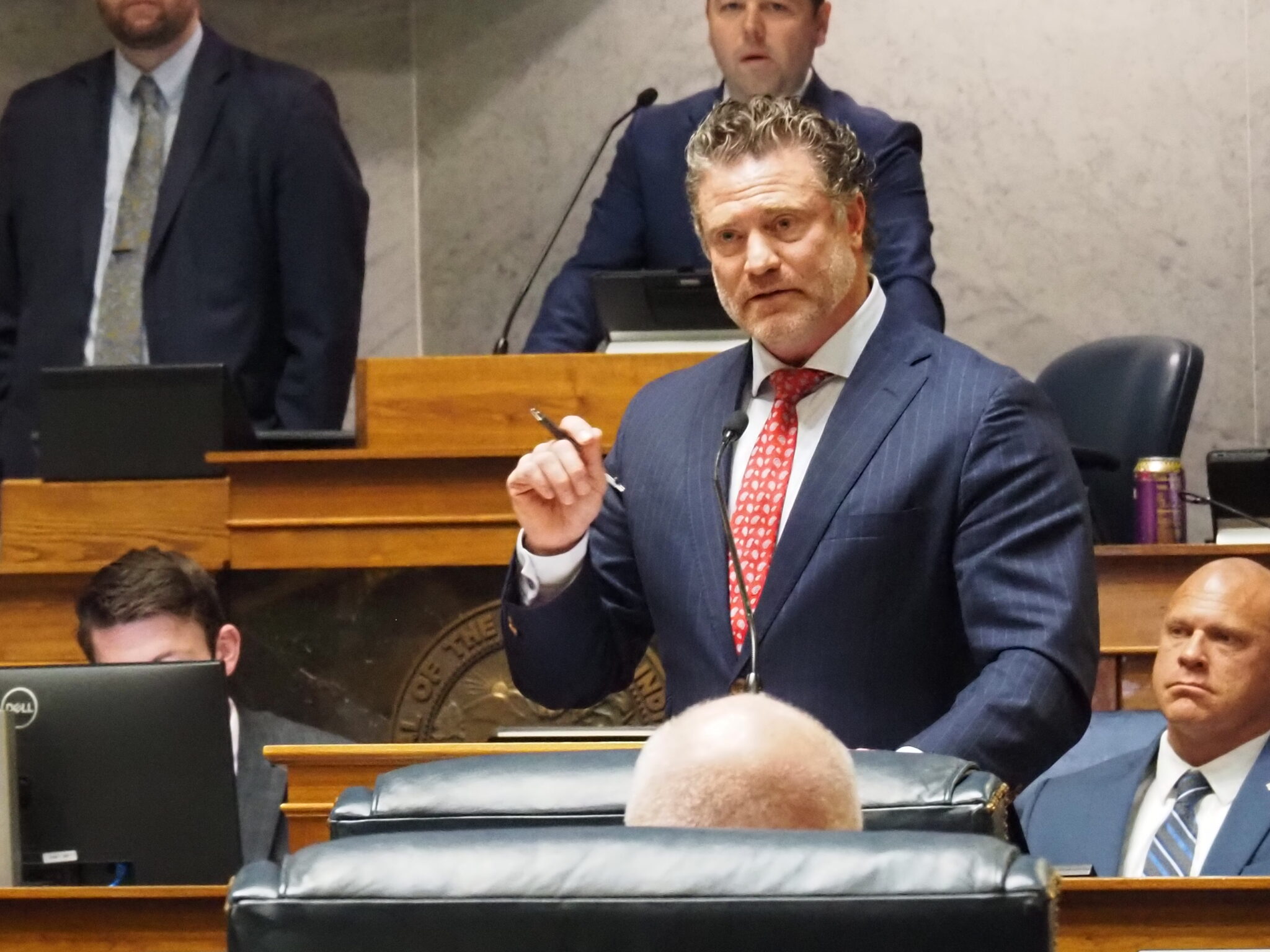Breaking: Landmark Healthcare Pricing Reform Clears Critical Legislative Hurdle

In a pivotal legislative moment, a hospital pricing transparency bill advanced on Tuesday, revealing deep partisan divisions between Republican and Democratic lawmakers. The proposed legislation, aimed at shedding light on complex hospital pricing structures, navigated a critical deadline while highlighting the ongoing political disagreements surrounding healthcare cost analysis.
As the bill progressed through the legislative process, it became a focal point of intense debate, with each political caucus presenting distinctly different perspectives on how hospital pricing should be examined and reported. The measure's movement signals a growing recognition of the need for greater clarity in healthcare pricing, even as political lines remain sharply drawn.
